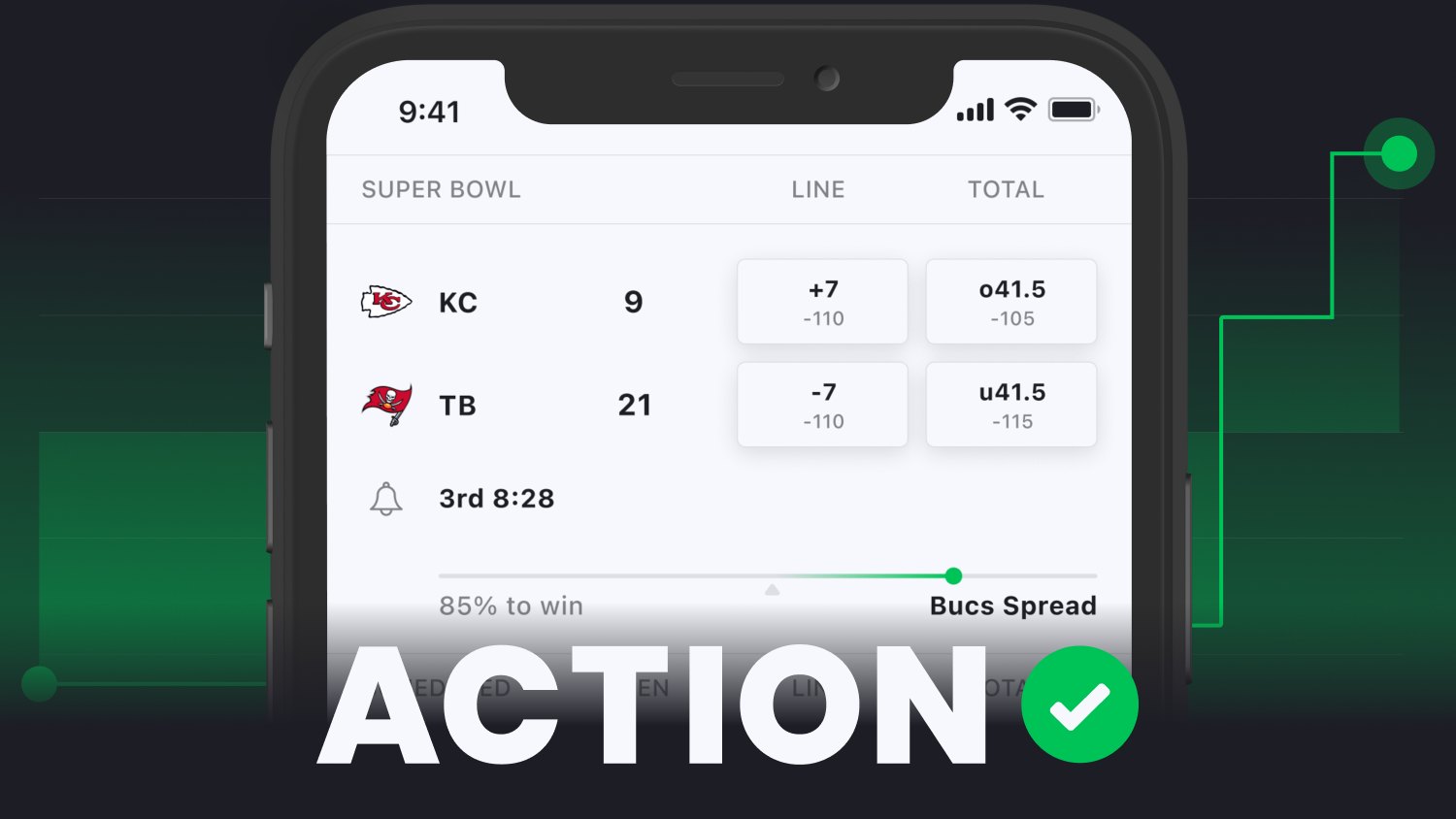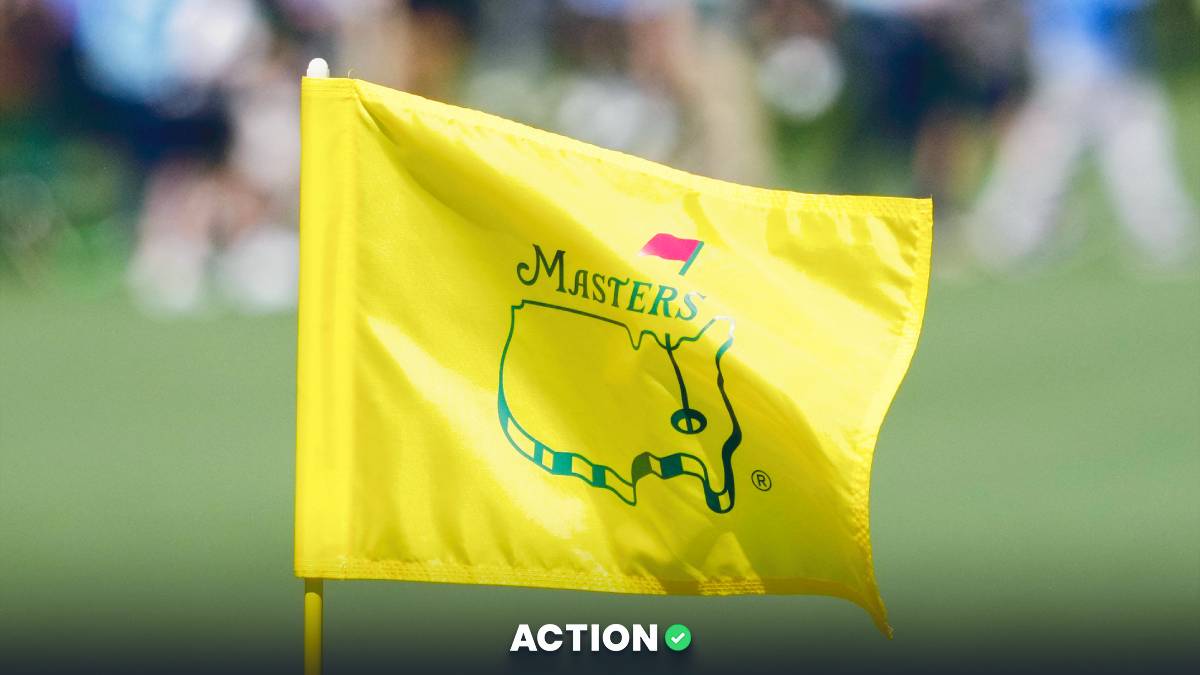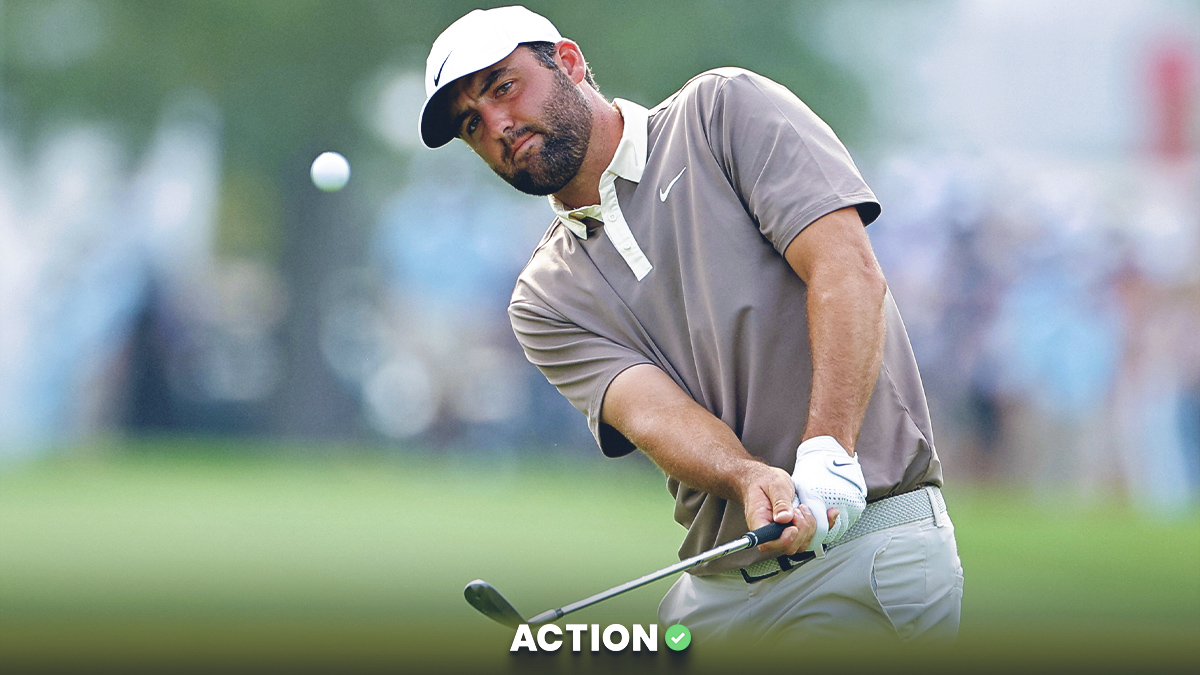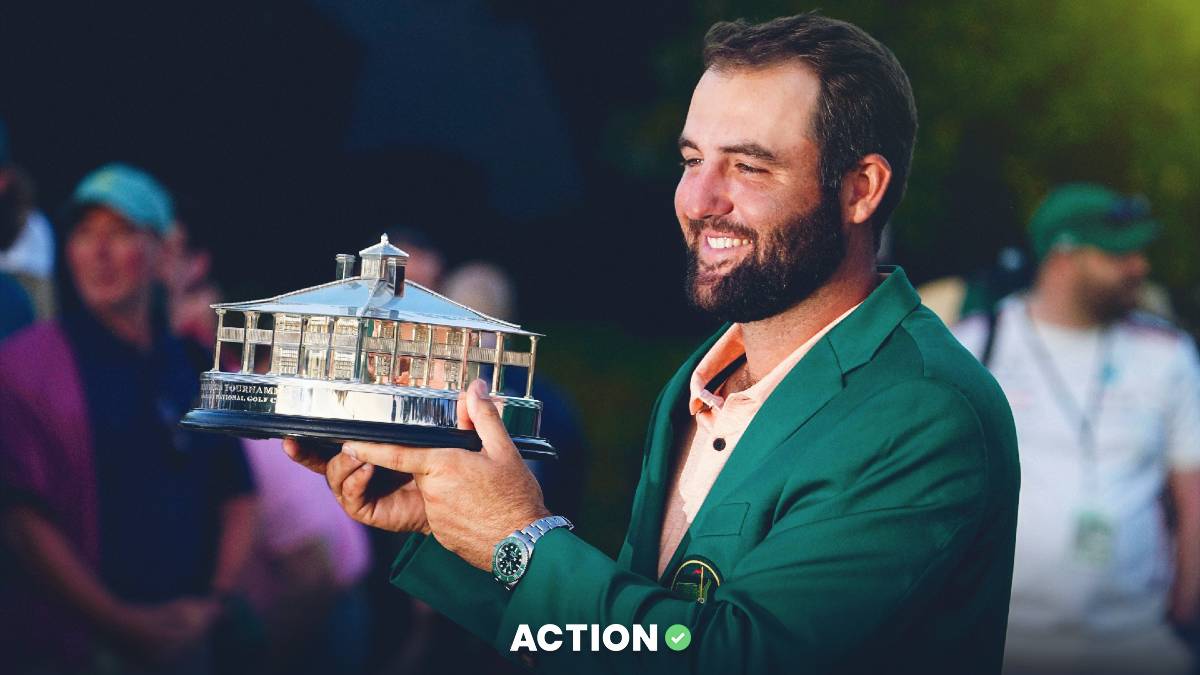ORLANDO, Fla. — So, let’s get something straight.
Over the past year, the most vocal supporters of the PGA Tour have railed against a renegade circuit which contests no-cut tournaments where every player walks away with a paycheck.
And now — irony of ironies — it appears the PGA Tour’s designated events for next season and ostensibly beyond will be … wait for it … no-cut tournaments where every player walks away with a paycheck.
Granted, these events won’t be shortened to 54 holes, they won’t be played in a shotgun format and they won’t include teams with schlocky nicknames. It does, however, feel a bit like the PGA Tour is taking some sort of, “If you can beat ‘em, join ‘em” approach to the schedule.
Reading the Cliffs Notes version of a report from Golfweek, these designated events will include 70-78 players, with spots in each field performance-based, both from the previous and current seasons.
There are going to be plenty of byproducts to this decision.
It will cultivate a rich-get-richer mentality in the sport. Once a player has crossed a specific threshold, he’ll continue earning money, points and exemptions until his performance doesn’t warrant those anymore.
The regular Friday cut sweat will be eliminated at these events, as every player will show up knowing that he’s guaranteed to play four rounds. That’s not necessarily a good thing.
Take this week’s Arnold Palmer Invitational, for example: With gusting winds forecasted throughout the second round, the intrigue surrounding which players will simply make the weekend is already a major discussion point.
And it will return the undeniable lethargy and built-in complacency of the erstwhile WGC tournaments, which were built around the same structure and too often featured lame-duck superstars just playing out the final rounds without much motivation.
Of course, that’s all just one opinion.
Surprise, surprise: Some of the game’s best players vehemently disagree.
“I think it makes the Tour more competitive,” explained Rory McIlroy. “I think with all these designated events and this event schedule, at the end of the day we're selling a product to people. The more clarity they have on that product and knowing what they're buying is really important. It's really important for the Tour. I think this solves for that.”
He’s not wrong, obviously. About any of it.
Perhaps this issue boils down to the existential crisis surrounding just about any issue in professional golf: What benefits the players might not necessarily benefit the fans, what benefits the fans might not necessarily benefit the sponsors, what benefits the sponsors might not necessarily benefit the TV rights holders and what benefits the TV rights holders might not benefit the players.
Round and round they go, trying to assuage every concern, only to find that when you place some chewing gum in a hole in the dam, the water only finds another crevice in which to pour out.
In this particular instance, fewer players in designated fields and the lack of a Friday cut might disengage some fans — especially those viewing these events through the prism of betting and fantasy — though it’s certainly to the benefit of those stars to understand that each performance comes with a guaranteed four rounds and a payday, while being equally hard to believe that a title sponsor or a TV rights holder would ever have any problems with this concept.
“It keeps the stars there for four days,” McIlroy added. You ask Mastercard or whoever it is to pay 20 million dollars for a golf event, they want to see the stars at the weekend. They want a guarantee that the stars are there. So, if that's what needs to happen, then that's what happens.”
Or as Scottie Scheffler put it: “Let's say I'm having a bad week. Some kid can come out and watch me play early in the day and you can guarantee that Rory McIlroy's going to be there on Sunday, Jon Rahm's going to be there on Sunday. I think that's a lot of value added to TV and for sponsors.”
For those who dislike next season’s impending changes – those, no doubt, who aren’t players or sponsors or TV executives – there’s an important lesson here that is worth remembering: You can’t please all the people all the time.
If the PGA Tour’s proposal benefits those directly involved while leaving some fans discouraged, it’s just another reminder of the prioritization order, not much different from the one which will help the rich keep getting richer in this format.


























































